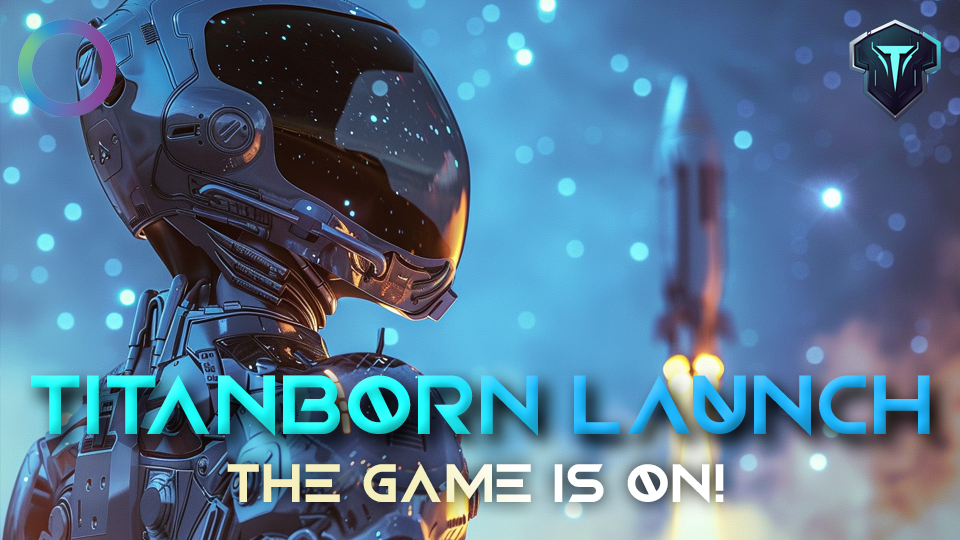
As we delve into the dynamic world of esports, an industry anticipated to exceed $1.6 billion by 2024, it’s crucial to recognize the transformative role of blockchain technology. This innovation is not just reshaping how we play and engage with video games but also addressing critical challenges like transparency, security, and monetization. This article explores the multifaceted impact of blockchain on esports, offering an insightful analysis of its potential to redefine the industry.
Blockchain’s Role in Enhancing Transparency and Trust
Transparency and trust are foundational pillars in the esports arena. Blockchain technology, with its ability to provide a verifiable record of all transactions, elevates the integrity of player performance, tournament outcomes, and sponsorship deals. This system enhances the credibility of players and ensures fair prize distributions, thus fortifying the trust among players, teams, organizers, and sponsors.
Strengthening Security and Privacy in Esports
In an era where data breaches are rampant, blockchain stands as a bulwark protecting the esports industry’s data and assets. It facilitates peer-to-peer transactions, mitigating risks of censorship and corruption. By empowering users with control over their data through digital wallets and identities, blockchain significantly boosts privacy and security within the esports ecosystem.
Promoting Fairness and Inclusivity
The decentralized nature of blockchain democratizes the esports industry, paving the way for fairer and more inclusive participation. Smart contracts, intrinsic to blockchain, automate and enforce the rules of esports engagements transparently. This technology ensures unbiased access, mitigating the influence of centralized authorities, and fostering a level playing field for all participants.
Innovative Monetization and Blockchain’s Creative Potentials
Blockchain technology introduces novel monetization avenues in esports. From native tokens and NFTs to crowdfunding and DAOs, blockchain unlocks new economic models and creative potentials. These innovations not only offer fresh revenue streams but also deepen user engagement, allowing gamers and developers alike to partake in the governance and evolution of their favorite platforms.
Case Studies: Blockchain Successes in Esports
Analyzing successful implementations of blockchain in esports, such as token-based loyalty programs and NFT-driven game economies, provides tangible evidence of its benefits. These case studies illustrate how blockchain fosters community involvement, enhances user experience, and creates sustainable economic models within the gaming industry.
Critical Evaluation and Future Prospects
A critical evaluation of blockchain in esports reveals its capacity to resolve long-standing issues while introducing new challenges and opportunities. As we project into the future, it’s imperative to continuously assess the evolving landscape of blockchain technology, ensuring its alignment with the growing demands and ethical standards of the esports community.
Conclusion
Blockchain technology is not merely an adjunct to the esports industry; it’s a revolutionary force charting a new course for the future of gaming. By fostering transparency, security, fairness, and innovative monetization, blockchain is poised to redefine the esports landscape. As stakeholders in this exhilarating domain, embracing and adapting to these advancements is key to staying ahead in the ever-evolving world of esports and gaming.





